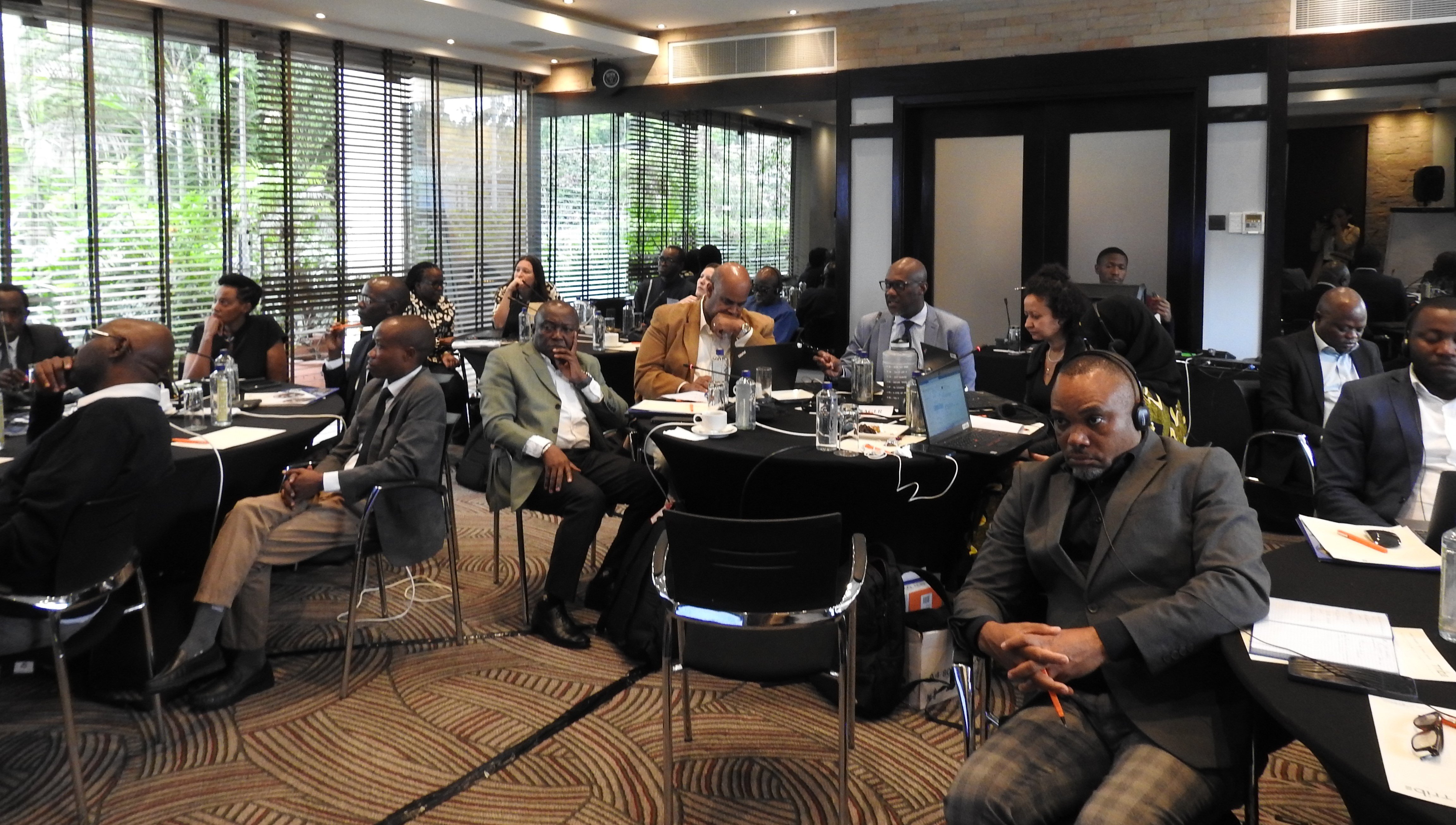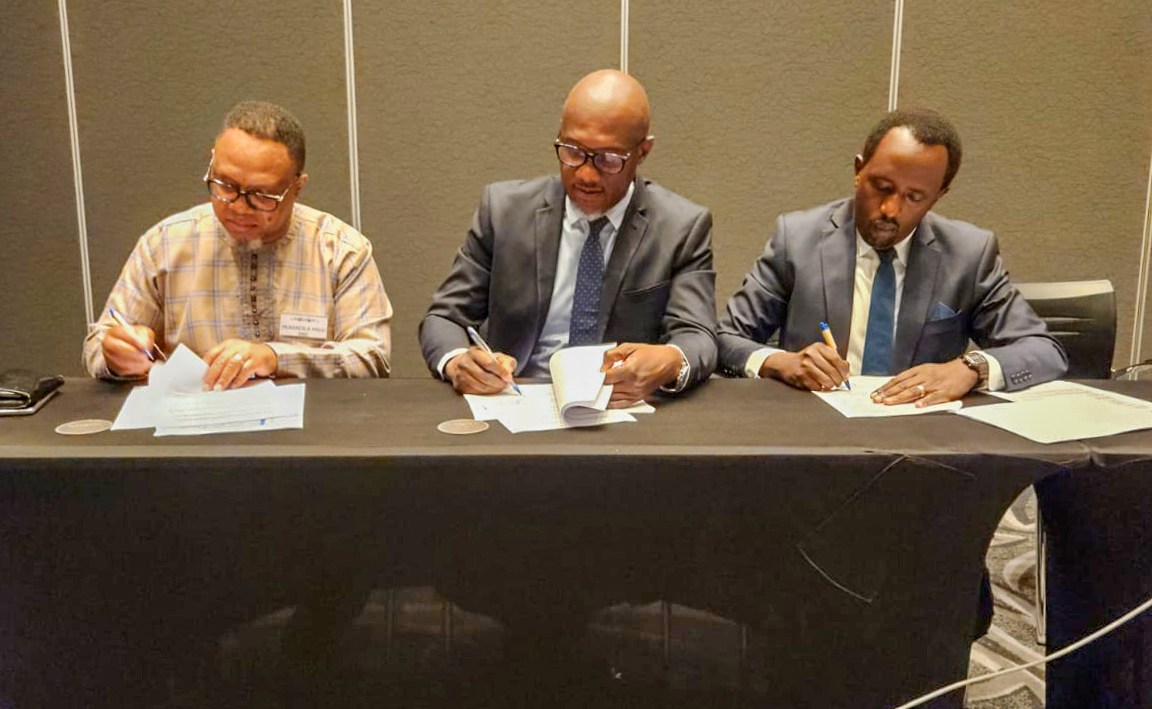A Leader in Education
A Leader in Education

Mbabane, eSwatini – Pupils at the Premier Independent School, a primary school located in a field in the hills of Mbabane in eSwatini (formerly known as Swaziland) call out morning greetings to their principal, Scholastique Martine Ndihokubwayo as she walks around the campus.
“I love the kids and have a passion to teach. I love to walk around the school and see the children learning,” says Ndihokubwayo, adding with a smile, “maybe my parents knew one day I would become a teacher and that’s why they named me Scholastique.”
Ndihokubwayo was just 19 years old in 1994 when the genocide and civil war broke out in her native Rwanda. She was a university student visiting her aunt who lived in Nyaramirambo, a suburb of Kigali when the fighting started. Not able to return to see parents, she ended up having to flee with her aunt and her young cousins. They first took refuge at the Milles Colline Hotel in the city centre but later she and her aunt and cousins fled the country eventually ending up in a refugee camp in Malawi. While in Malawi she met and married her husband. She served on the women’s committee in the camp but she says camp life was not easy.
“You had no choice but survive and adapt. You were not allowed to work and study. It was kind of like a prison,” says Ndihokubwayo.
In 1998, tired of camp life, they made their way to what was then known as Swaziland, where they had relatives hoping it would be easier for both her and husband to earn a living and support themselves.
“If you have to sit down and not work and wait for food distributions, that was not a life for us,” says Ndihokubwayo.
They applied for asylum after arriving in eSwatini and it was granted.

“Being a refugee didn’t stop me from going back to school.” She was hired to teach French part time at a private primary school and continued with her studies, eventually receiving an Honours degree in School Management via distant learning.
The management at the school noticed how well her pupils were performing in her classes. They were very impressed by her way of teaching. She was thus asked to share her methods with other teachers and when the head of the school left, they appointed her to be the head mistress.
In 2013, when she took over, there were just 45 students but the school has now grown to over 400 students. According to the eSwatini national curriculum, at the end of primary school, all students are required to take an exam. The pass rate at her school is 100 percent, and the school at one point was the top ranking primary school in the country. Students who graduate from the school either attend secondary school at the prestigious Waterford Academy or Sifunzani Academy, the best secondary schools in the country. Ndihokubwayo is very proud that this happened under her leadership. The school also employs several refugee teachers as well.

Having spent time in a refugee camp, she knows how lucky she is to have made it to eSwatini
“I was privileged to have this freedom. I am so grateful to the government of eSwatini, without their support, I wouldn’t be who I am.”
In her more than 20 years of living in eSwatini, she has developed a loved for the Swazi people.
“They are a very humble and polite people who treat everyone equally. I see eSwatini as my country and it’s a place to call home. I feel I am a part of them and they are a part of me. I lived longer here than even in my home country. I feel I belong here,” says Ndihokubwayo.
“The Kingdom of eSwatini is one of the few countries on the continent with legislation that allows for recognized refugees to have the right to work and freedom of movement. This enables refugees to contribute to the development and the economy of their host country,” says Adan Ilmi, Officer in Charge of UNHCR's Regional Office for Southern Africa. “We commend them for being a leader on the continent when it comes to refugee rights.”
The Kingdom of eSwatini currently hosts 1,123 refugees and asylum seekers.









